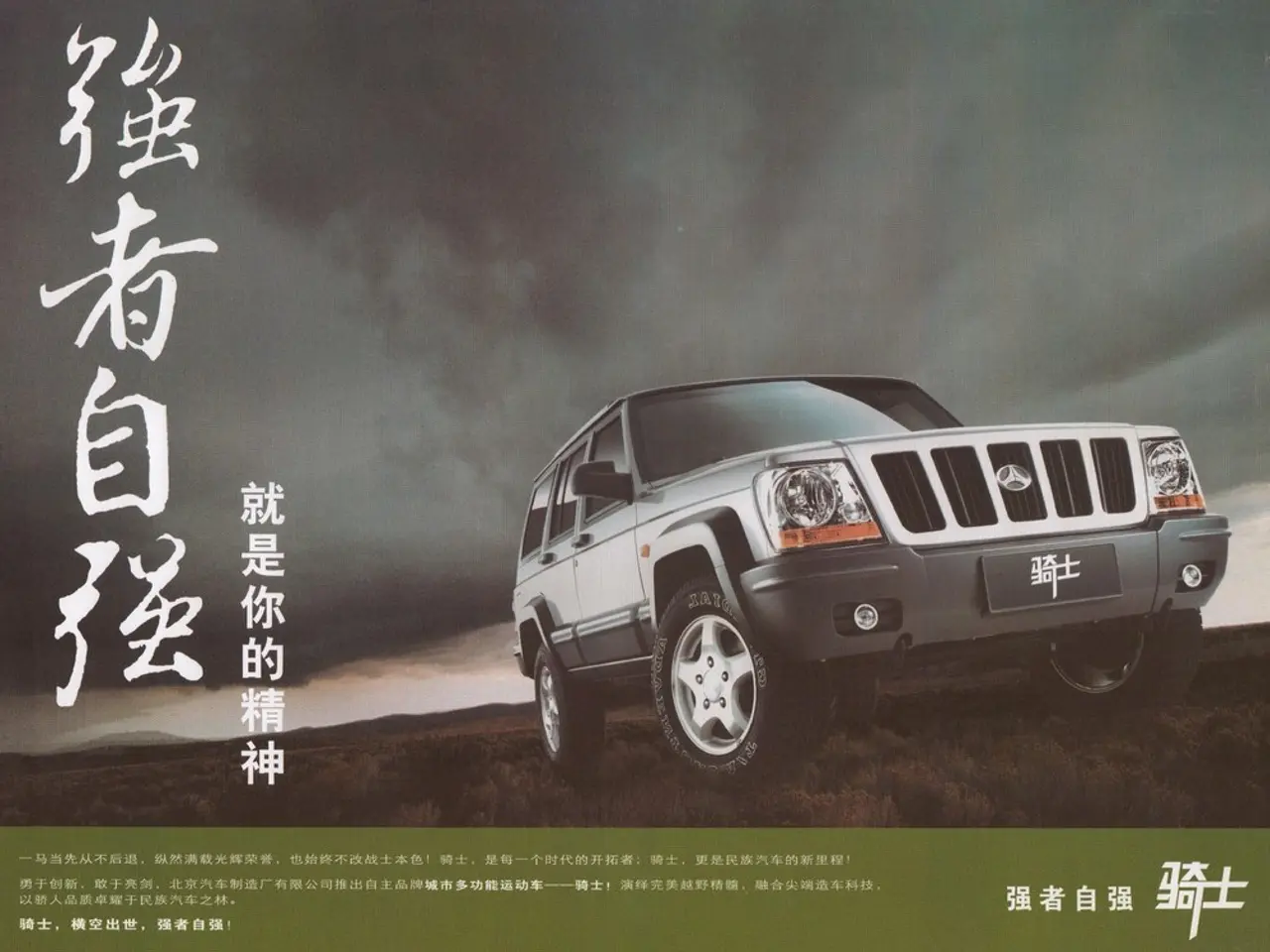Borders shared by China and the European Union: the boundaries of autocratic influence expansion
In a recent study, the impact of China on political developments in the European Union's Southern and Eastern Neighborhoods from 2010 to 2024 has been thoroughly investigated. The research aims to evaluate whether China has contributed to democratization or authoritarianization.
The study concludes that China's primary challenge to democratization efforts lies in legitimizing authoritarian alternatives through its development model and contesting liberal democratic norms within international discourse. However, it challenges the assumption that China is a systematic promoter of autocracy.
China's primary tools for influence include official discourse, UN Security Council veto power, and economic engagement. These tools are used to protect commercial interests, international status, and geopolitical considerations, rather than to explicitly advance authoritarian agendas.
The analysis includes four cases in the Southern Neighborhood affected by the 2011 Arab uprisings (Tunisia, Egypt, Libya, and Syria) and three cases in the Eastern Neighborhood (Ukraine, Belarus, and Georgia), two of which are linked to the Colour Revolutions. Between 2010 and 2024, several states established or deepened relations with the People's Republic of China.
In the Southern Neighborhood, China influenced political developments by promoting authoritarian governance models and limiting democratization initiatives, excluding Syria. However, specific state names and detailed influence mechanisms beyond Syria are not clearly provided in the study.
Substantial material support for autocratic survival remains limited, with Syria's civil war being the main exception where China's UN vetoes constituted significant autocracy support.
In conclusion, the study offers a nuanced view of China's role in political developments, suggesting that while China may not be a systematic promoter of autocracy, it does contribute to the legitimization of authoritarian alternatives and influences political developments in a pragmatic, case-by-case approach that prioritizes stability and continuity over ideological alignment.
Read also:
- United States tariffs pose a threat to India, necessitating the recruitment of adept negotiators or strategists, similar to those who had influenced Trump's decisions.
- Weekly happenings in the German Federal Parliament (Bundestag)
- Southwest region's most popular posts, accompanied by an inquiry:
- Discussion between Putin and Trump in Alaska could potentially overshadow Ukraine's concerns








